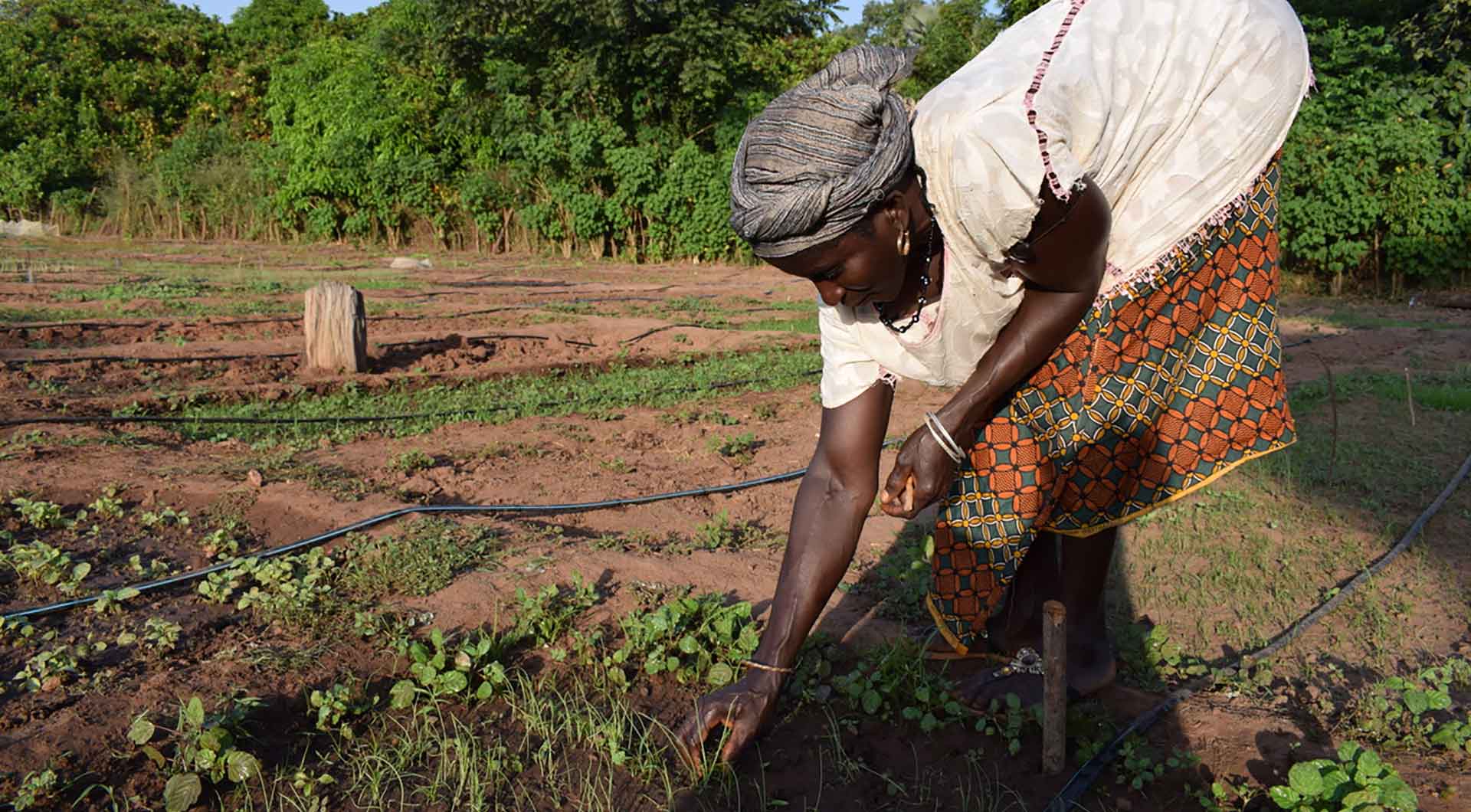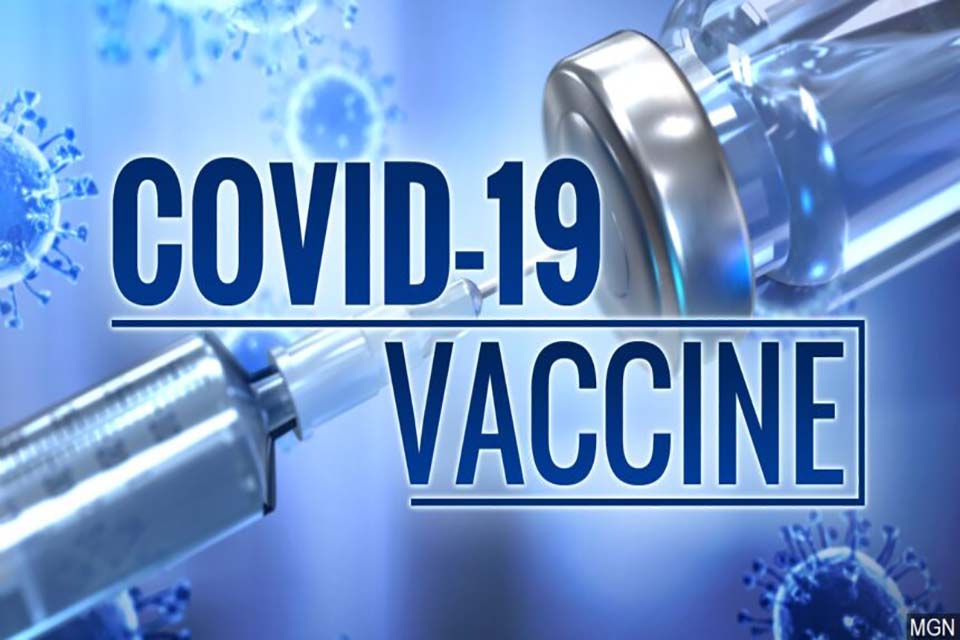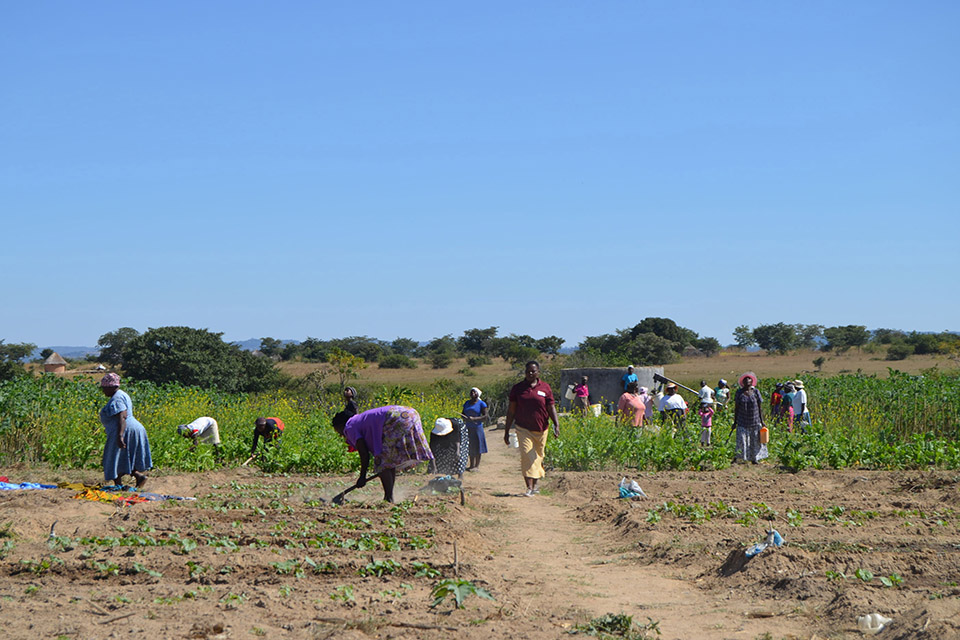
Time to deliver zero Malaria: World Malaria Day 2023
Every 25th of April is World Malaria Day. In 2023, the theme is “Time to deliver zero malaria: invest, innovate, implement”. Malaria is preventable, treatable and curable, yet it is a leading killer disease in Africa. We are taking action against malaria by contributing to the World Health Organisation (WHO) Global Technical Strategy for Malaria 2016-2030.

We are fighting malaria in sub-Saharan Africa by supporting individuals and communities to systematically prevent, treat and build capacity to reduce the spread of the disease. We engage disadvantaged populations most of whom are at the receiving end of the effects of poverty and are exposed to malaria sickness.
More than 600 000 people die of malaria every year, most of them children. Globally, an estimated 247 million malaria cases were recorded in 2021 in 84 malaria-endemic countries, with most countries in the WHO African Region. According to WHO, about 40 million expecting mothers in sub-Saharan Africa were at risk of contracting malaria, and two-thirds did not get the malaria preventive treatment they needed in the year 2022.
We mobilise communities to take control of their health by implementing malaria prevention actions in their homes and community including increasing awareness on early treatment at local health facilities. We work closely with public health facilities in organising hot-spots mobile malaria tests and treatment actions in malaria-prevalent geographical settings. A key part of most of our malaria programmes is the distribution of treated mosquito nets to families exposed to malaria. Recently, we have opted to carry out malaria awareness programmes in schools to ensure increased adoption of malaria preventive messages in communities registering higher malaria incidences.

Community Health Agents, health committee volunteers and teachers from the target communities are trained to work in the community and are equipped to disseminate malaria prevention and treatment knowledge. They work voluntarily and carry out home visits to educate the public about methods for prevention, signs and symptoms of malaria, the effects and consequences of malaria infection and highlighting the importance of seeking early treatment.
Our founding member ADPP Mozambique began implementing a malaria prevention programme covering 23 districts in the Niassa province of Mozambique. In 2022, over 690,000 people were reached with awareness campaigns and approximately 3,800,000 mosquito nets were distributed.
Humana People to People South Africa responded to the increasing malaria cases in South Africa by launching a malaria programme in 2017. It targets under-serviced communities including migrants and transient populations in South Africa’s provinces of Limpopo, the Mpumalanga bordering Zimbabwe and Mozambique including KwaZulu-Natal province. People are tested at malaria testing sites set up at border posts alongside schools, community health activities and through door-to-door campaigns. The efforts have strengthened active surveillance, tested over 89,000 people and close to 1,000 patients were treated by professional nurses.
In Angola, our member ADPP Angola’s school-based and community health initiatives are contributing to the malaria fight. Aside from its dedicated malaria projects, ADPP Angola incorporates malaria prevention into all other projects and community-based initiatives. Teachers, pupils and locally recruited community health agents together created an environment of knowledge and practices to help people take positive charge of their health. Close to 9,000 families and over 150 schools are taking part. Exploring new avenues to reach ever more people, the project created links between sports and the dissemination of health messages.
Humana People to People is committed to supporting national governments’ malaria programmes seeking to control malaria. Investments in well-functioning, equitable and resilient health systems built on a foundation of primary healthcare are key to attaining a successful malaria response.


